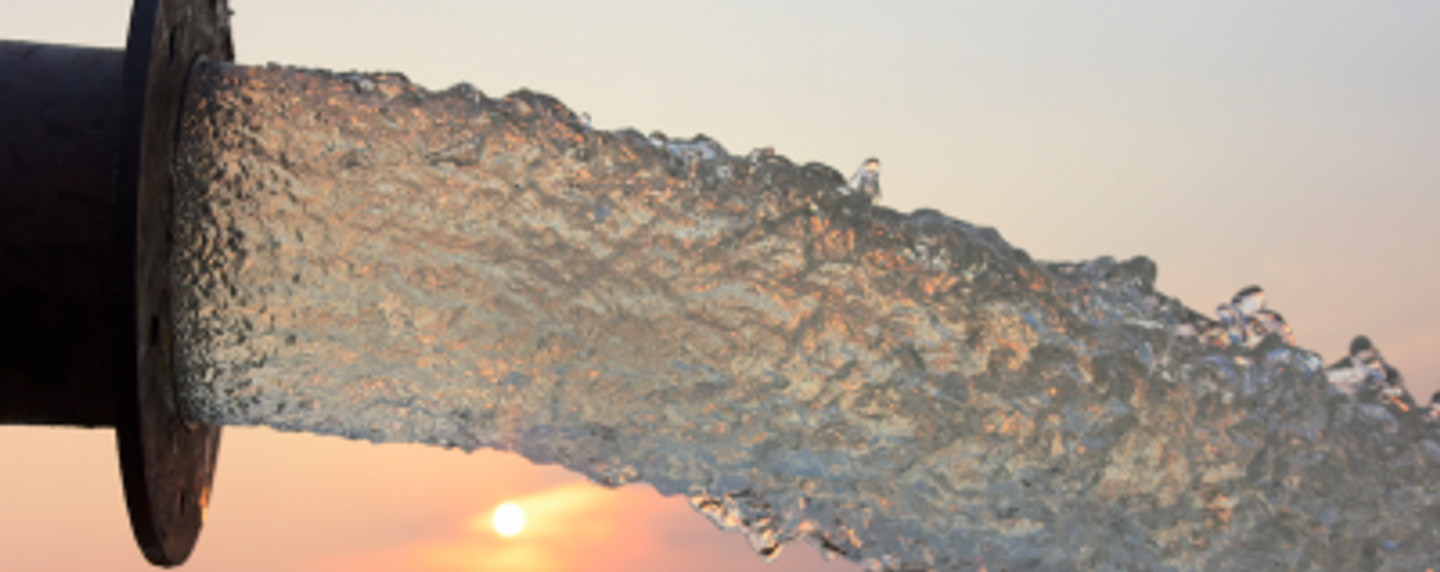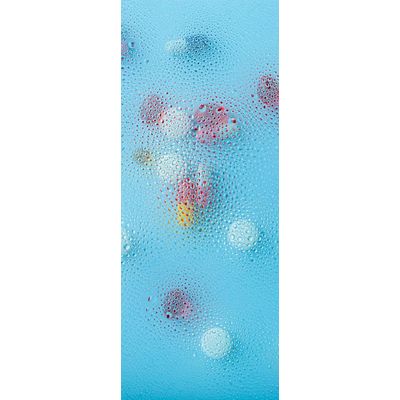

- Home
- Companies
- Brightwork BV
- Articles
- Removal of antibiotics and ...

Removal of antibiotics and pharmaceutical residues in water urgent
According to the WHO, antimicrobial resistance (AMR) is one of the greatest threats to health and food safety. It is increasingly evident that antibiotics, resistant micro-organisms, and their resistance genes are spreading invisibly through water. It is important that we tackle AMR effectively in water too. Antibiotics and other medicines will continue to play a key role in our everyday lives, therefore the demand for technologies to reduce AMR in water will increase on a global scale. By investing in sustainable innovative technological solutions for AMR now, we can avoid paying the costs of the damage that AMR and other drug residues will cause to our society.
Besides, it is important to focus on responsible antibiotics prescription, especially in countries where prescribing behavior is excessive. With this approach we can reduce antibiotic and medicine residues in surface water. However, the largest part of the residues of medicines in wastewater comes from ‘regular’ households. Calculations by the Dutch National Institute for Health and the Environment (RIVM) show for instance that every year in the Netherlands at least 190,000 kg of medicine residues from urine and faecal matter end up in surface water and groundwater. These residues pose a risk to drinking water. Some of these residues, such as hormones, various painkillers, some anti-epileptic drugs and psychopharmaceuticals have a disruptive influence on the plants and animals living in the water.
In addition, a significant proportion of antibiotics in water come from hospitals. Because in hospital wastewater the concentrations are relatively high, removal of these antibiotic and medicine residues ‘at the source’ is most effective. Then we can prevent further resistance formation, spread of resistance genes and ecological damage. In hospitals, many so-called ‘last resort’ antibiotics are frequently used. These are of vital importance for the recovery of patients with multi-resistant infections. By also removing these antibiotics at the source, we prevent bacteria from becoming resistant to ‘last resort’ antibiotics as well.
Through better cooperation between the pharmaceutical sector, health care and the water sector, it will be possible to significantly reduce the existing antibiotic and medicine residues in wastewater and surface water. In the Netherlands, the government adopted the ‘Chain Approach Medicine Residues from Water’ policy. The chain approach has recently been nominated by the ‘World Future Council’ for the Future Policy Award 2021. The “Dutch Consortium on Antibiotics and Pharmeceutical Residues from Water” consisting of a ‘coalition of doing’ acts in accordance with this chain approach and specifically focuses on the removal of antibiotic residues from water.Together with other chain partners, this Consortium aims to deploy and, where necessary, develop the most sustainable and effective solutions.
